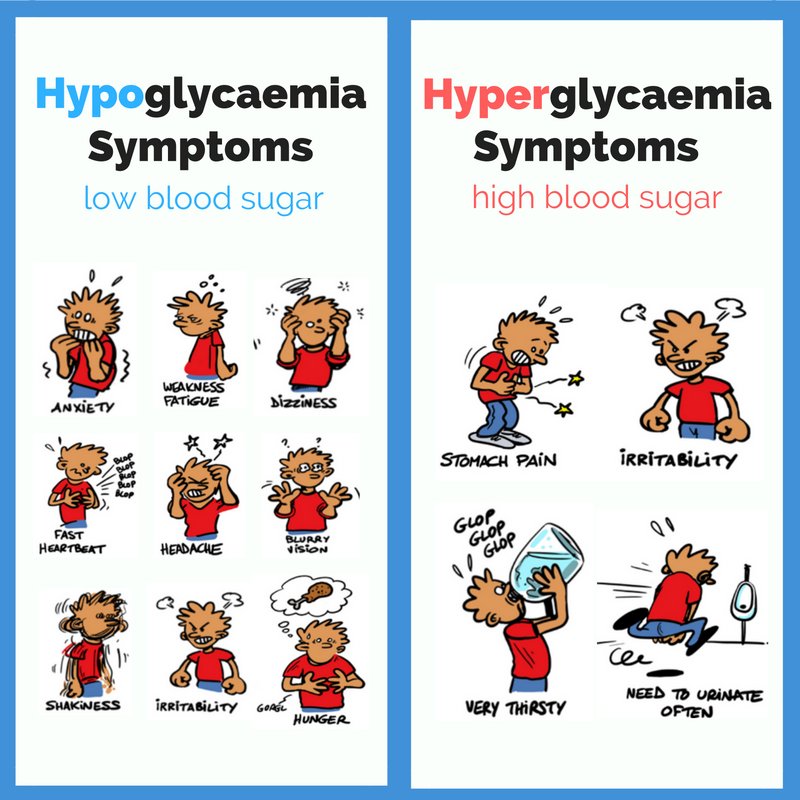Image source: http://www.doggyzoo.com/wp-content/uploads/2016/02/The-10-Most-Common-Dog-Health-Problems.jpg
Most common parasites and where they come from
If your dog, especially a young puppy, has been feeling kind of dull, poorly and has been having stomach issues, theres a high chance it has a worm infection. Its one of the most common diseases your pet may experience, and its the health issue that takes some time and patience to overcome.
The symptoms of worm infestation are quite similar regardless of the type of parasite that got into your dogs system. However, some of them arent too easy to spot and diagnose at the early stages, as the typical symptoms of worms take a long time to show up and do that only when the worms have developed to the point when only urgent and serious treatment may kill them.
So, the kinds of worms, which affect young puppies and adult dogs the most, are roundworms, protozoans, heartworms, tapeworms, stomach worms, hookworms, and whipworms. The main difference between them in not as much in the symptoms, but in the ways, they infect the dogs body.
For instance, roundworms are quite easy for dogs to get, as they may easily get contaminated when eating or rummaging the dirt or excrements containing the parasites eggs. In addition to that, most female dogs have dormant roundworms larvae in their system.
After the mother gives birth to her pups, those beasts come to life and infest a tiny newborn puppy. Thats why you should take your pups to the vet to deworm them even if you cant spot any signs of infestation yet. And, if you buy a puppy from a breeder or adopt one from a shelter, you need to make sure that it was dewormed and take him to the vets office if it wasnt.
Meanwhile, the most common type of worms throughout the U.S. hookworms is probably the easiest to get, as their larvae clings onto the dogs skin and intestinal lining in particular when the pet touches contaminated wet grass or sand. So, after figuring this out, youll probably wont be that angry at the beach signs that dont allow dog walking.
On the other hand, heartworms, which are transmitted through the mosquito bites, are probably the most dangerous parasites among the listed above, as they cause significant heart issues and may even lead to the fatalities if the disease remains undiagnosed and untreated for a while.
All these facts prove that even the neatest dogs that rarely get dirty and spend minimum time outside may get worms. No matter how hygienic your pet is and how careful about its environment you are, your dog may literally go through the wet grass, sniff the soil, get some of it on its nose and lick it, eat a piece of raw meat or get bit by a mosquito, and it will get infested by worms.
And, as the health issues (weakness, upset stomach, diarrhea) they cause arent just uncomfortable for a pet, but also may lead to serious complications and even to the dogs death, you should always remain on the lookout and know these most typical symptoms of worms in dogs to be able to detect the parasites and treat your pup in time.
Top 10 symptoms of worms in dogs
General weakness and low energy. Its the symptom that should make you question the dogs health and check if theres an infestation going on, as usually pups and adult dogs become less active and energized when they get worms. When taken seriously, this is the sign that might help you spot worm infestation at an early stage.
Cough. Another early stage symptom on the list. When your dog starts consistently coughing out of nowhere, it might mean that it has either heartworms, or hookworms, or roundworms.
Bloating and weight loss. Bloating and pot belly is the worm infestation symptom typical for puppies. If your pups belly appears to be bloated, you should check for worm contamination. Rapid weight loss is usually a sign of tapeworms and whipworms.
Throwing up. Worm infestation often makes dogs vomit. And, sometimes you may even see the parasites in the vomit.
Diarrhea. Its the most obvious canine worm infestation symptom that imposes the danger of dehydration. But, even soft and frequent stools may reveal worms. Moreover, if you notice any blood in your dogs stool, you may almost tell for sure that it has hookworms.
Itchy behind and skin in general. Dogs infested with worms tend to scratch their bottom or rub it on the ground quite a lot. However, this symptom often indicates other problems with the anal canal, which arent related to worms. Anyway, the issue has to be looked into.
Loss of hair and dull coat, as well as skin irritations, are often caused by worms as well. Get your dog checked if you notice that its soft and shiny coat has got quite dull and thin.
Appetite. Pay attention not only to the loss of appetite but to its increase as well, as the worms, parasitizing on your dog and consuming its energy, may make your pet want to eat more.
Worms in excrements. Its gross, I know. Not pleasant to look at. And, in addition to that, not all kinds of worms may be detected this way, especially at the early stage of disease. But, you pick up your dogs poo anyway, right? Thus, you should be able to notice something strange (worms, of course) if theres anything to be noticed. If you do so, make sure to get your dog to the vets office immediately, as when the worms show up in the dogs excrement, its the sign that the infestation entered its full-blown stage.
Worms in fur and on skin. Apart from showing up in feces, some kind of worms may be spotted in dogs fur.
